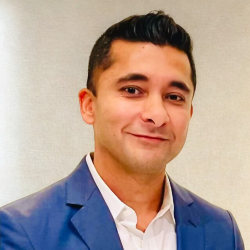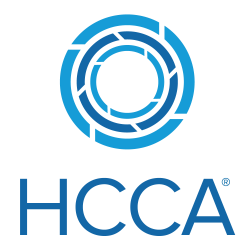If the term “digital twin” conjures up scary images of Frankenstein-like human experimentation or “Westworld”-style human-replicating androids run amok, don’t worry. It’s actually a scientifically sound concept on the verge of boosting clinical trial performance and reach, says advocate Charles K. Fisher, PhD, founder and CEO of Unlearn.AI.
“A digital twin that is an exact match at baseline can be created for each subject in a trial,” Fisher explains. “Digital twins enable faster recruitment with higher powered, individualized trials [capable of generating] additional data” from the same or fewer number of patients, he adds.
Less science fiction and more science fact, digital twins are grounded in using patient data to simulate other scenarios without putting the “physical” patient through it, too. For example, digital twins can “take” the placebo in some trial situations, so the real patient doesn’t have to. “People often don’t want to participate in a trial if there’s a chance they’ll just get the placebo,” Fisher notes.
Unlearn.AI is currently looking at ways to use digital twins in complex trials focusing on Alzheimer’s and multiple sclerosis; others in the space are focusing on oncology-related trials, Fisher says.In a sometimes brutal clinical trial landscape where four out of five trials are delayed by slow patient recruitment, one in five fail due to low patient enrollment, and nine of 10 drugs fail to perform adequately in the trial, it seems obvious to Fisher that industry should leverage any tool at its disposal. “Using [artificial intelligence (AI)] for clinical trials just makes sense,” he says.
Digital Twins in Clinical Trials: The Insight, Ethics, and Opportunities
Join Fisher for his Virtual ACRP 2020 session on April 30, to explore insights, ethics, and opportunities related to digital twins in clinical trials. This session is part of the Technology and Future Trends Track at Virtual ACRP 2020.
However, Fisher also realizes AI represents a brave new world in terms of technology, ethics, and many other considerations. He counsels caution in determining the best ways to utilize digital twins and AI in general. “You might expect me to counsel the [U.S. Food and Drug Administration (FDA)] to back off on creating hurdles for companies that want to apply artificial intelligence to drug development. Not so,” Fisher wrote in a column for STAT in November.
During a presentation to the FDA earlier this month, Fisher also argued that the agency should play an important role in ensuring that AI-based drug development tools meet appropriate standards.
Author: Michael Causey



